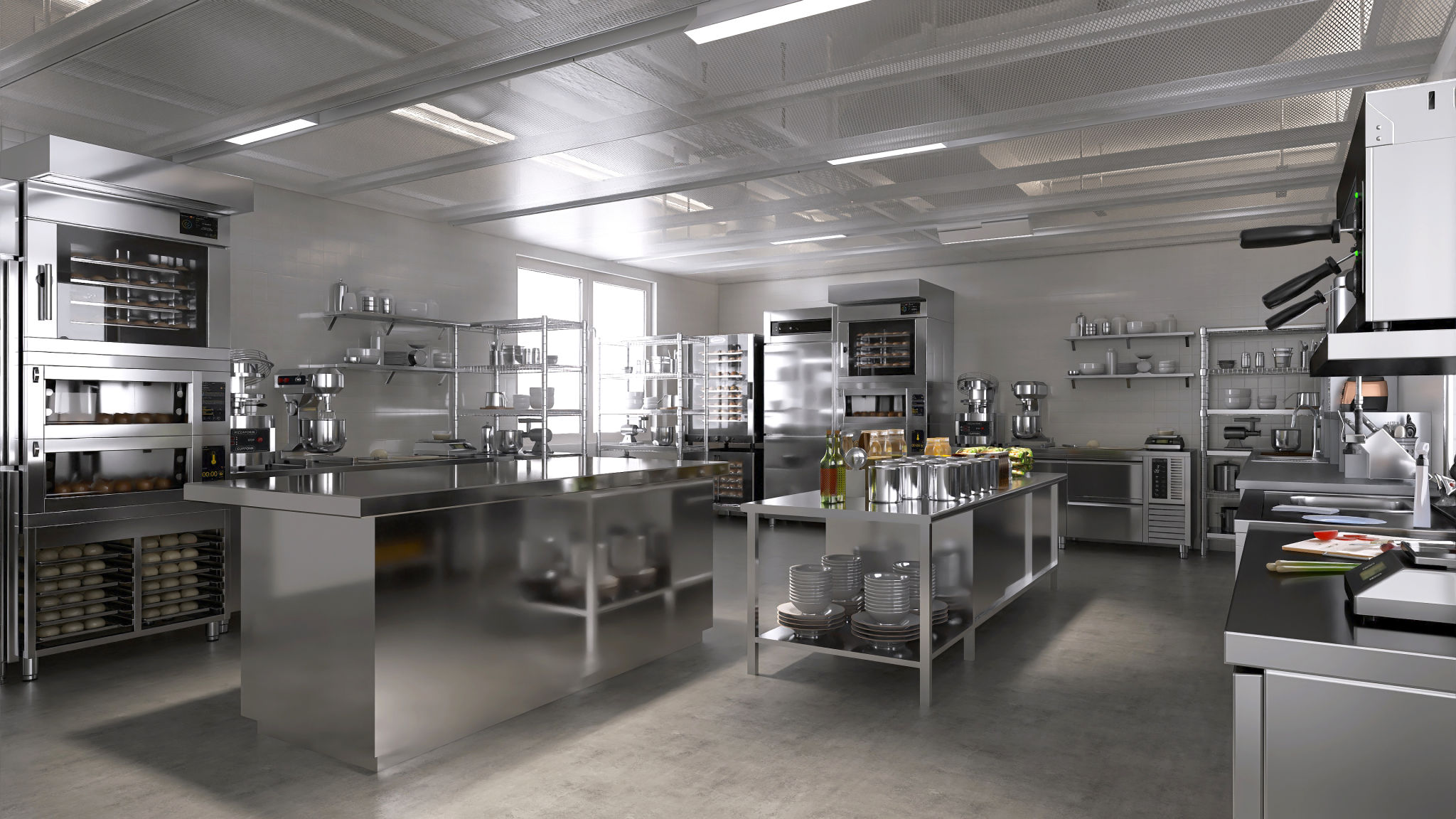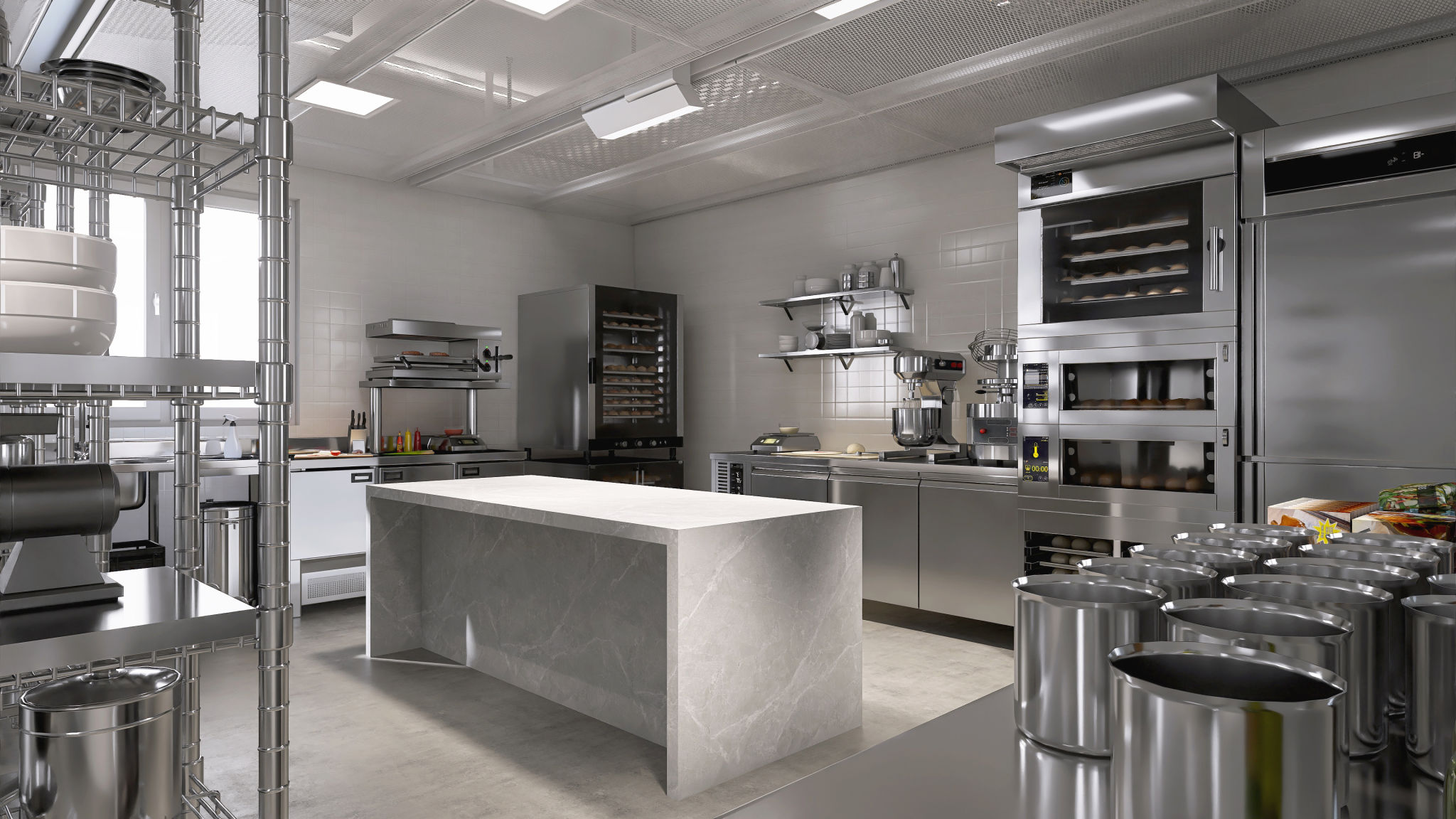Expert Insights: Improving Energy Efficiency in Restaurant Kitchens
Understanding Energy Efficiency in Restaurant Kitchens
In the fast-paced world of restaurant kitchens, energy efficiency is becoming an increasingly important focus. Not only does it help reduce operational costs, but it also contributes to a more sustainable environment. With expert insights, we explore how restaurant owners can improve their kitchen's energy efficiency and make a positive impact.
A significant portion of a restaurant's energy consumption is attributed to kitchen operations. From cooking equipment to refrigeration, each aspect presents opportunities for efficiency improvements. By implementing strategic changes, restaurant operators can reduce energy usage and lower utility bills.

Optimizing Kitchen Equipment
One of the primary ways to enhance energy efficiency is by optimizing the use of kitchen equipment. Modern appliances are designed with energy-saving features that can significantly reduce power consumption. Investing in ENERGY STAR-rated equipment ensures that your kitchen runs efficiently without compromising on performance.
Regular maintenance of existing equipment is also crucial. Cleaning burners, descaling dishwashers, and checking seals on refrigerators can prevent energy waste. Additionally, consider retrofitting older appliances with energy-efficient components to extend their lifespan and efficiency.
Smart Cooking Practices
Adopting smart cooking practices can further contribute to energy savings. For instance, preheating ovens only when necessary and using the right-sized pots and pans can minimize wasted energy. Encouraging staff to adopt these habits can lead to substantial reductions in energy use over time.

Efficient Lighting Solutions
Lighting plays a significant role in the energy consumption of restaurant kitchens. Replacing traditional incandescent bulbs with LED lighting can drastically cut down on electricity costs. LEDs not only consume less power but also have a longer lifespan, reducing the need for frequent replacements.
Consider installing motion sensors or timers in areas with sporadic use, such as storage rooms or walk-in refrigerators. These devices ensure that lights are only used when necessary, further enhancing overall energy efficiency.
Refrigeration Management
Refrigeration is one of the most energy-intensive aspects of any commercial kitchen. To improve efficiency, regularly inspect and clean condenser coils and ensure doors are sealed properly. Avoid overloading refrigerators as this hinders airflow and increases energy use.

Harnessing Renewable Energy
For restaurants looking to make a significant impact, exploring renewable energy options can be a game-changer. Installing solar panels or investing in wind energy can offset a portion of your kitchen's electricity needs, leading to long-term savings.
Moreover, some utility companies offer incentives for businesses that incorporate renewable energy solutions. By taking advantage of these programs, restaurants can further reduce their operational costs while promoting sustainability.
Employee Training and Awareness
Finally, fostering a culture of energy awareness among staff is essential. Training employees on energy-efficient practices ensures that everyone contributes to the restaurant's sustainability goals. Simple actions, such as turning off unused equipment or reporting maintenance issues promptly, can have a significant impact.
In conclusion, improving energy efficiency in restaurant kitchens requires a combination of modern technology, smart practices, and employee involvement. By focusing on these areas, restaurant owners can create a more sustainable operation that benefits both their bottom line and the environment.